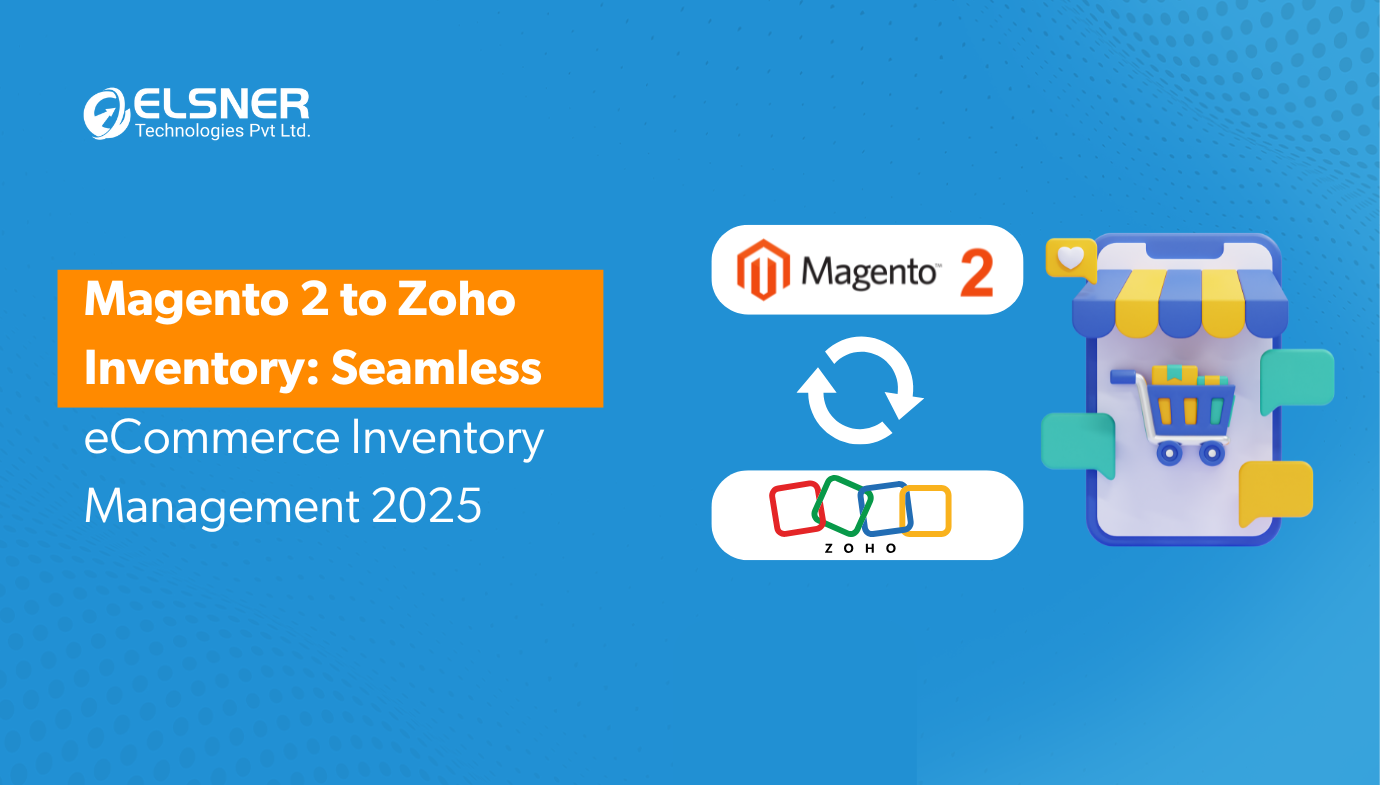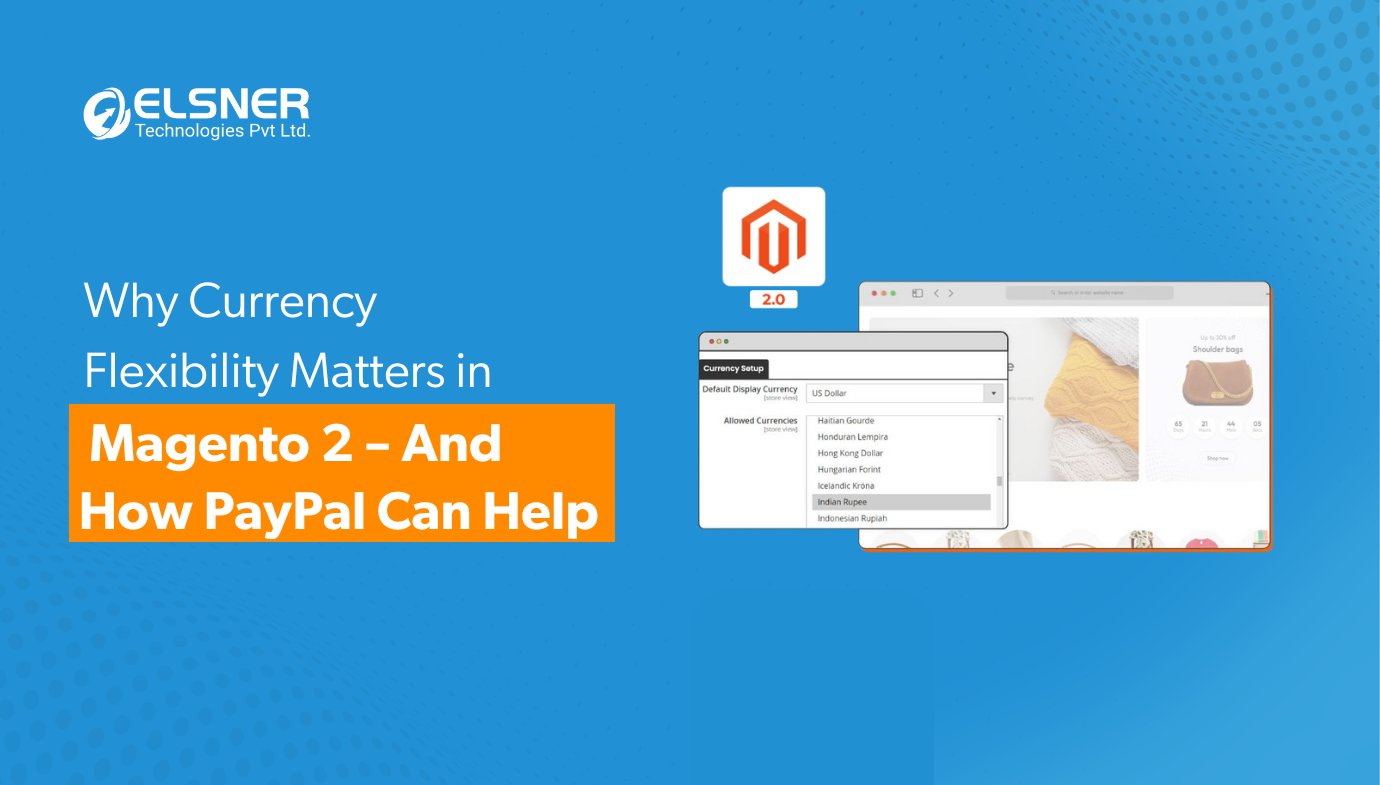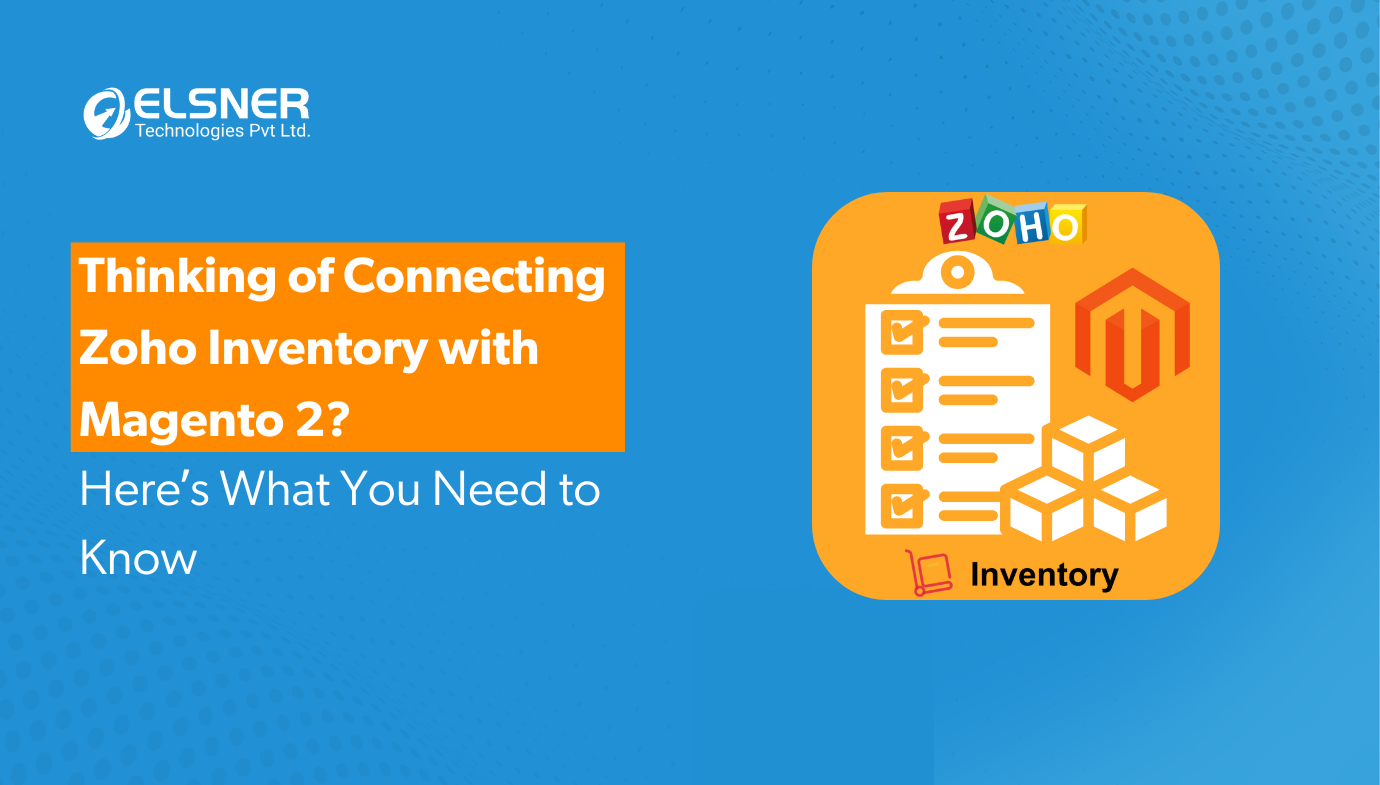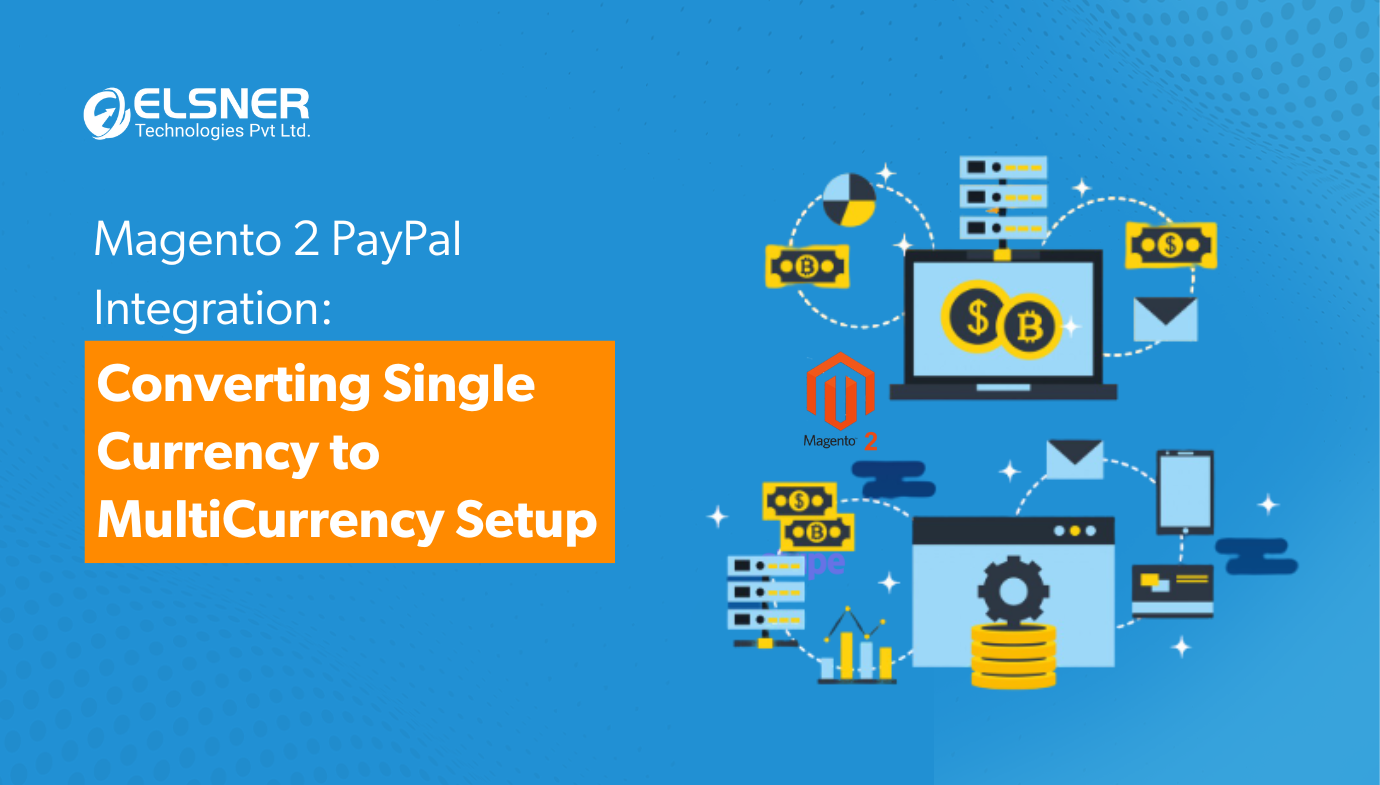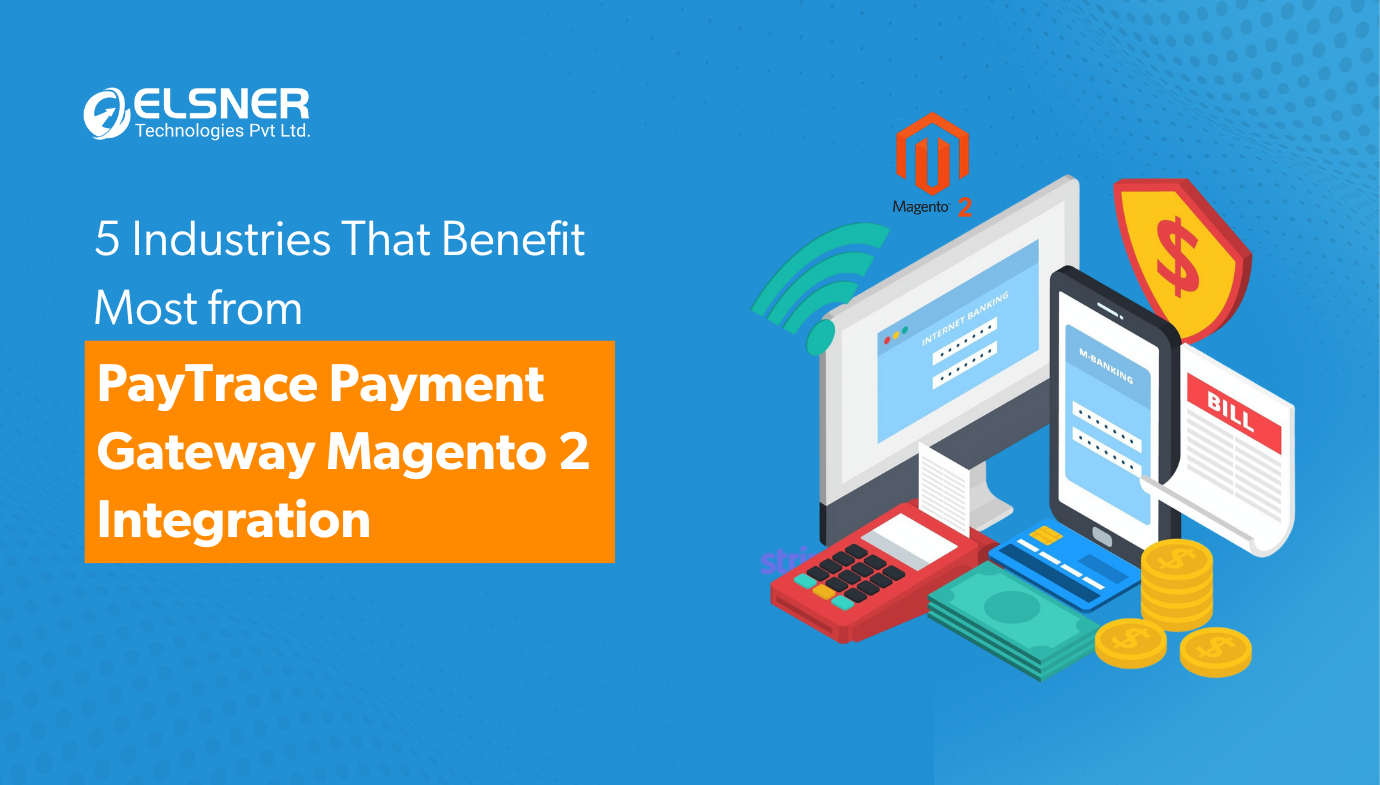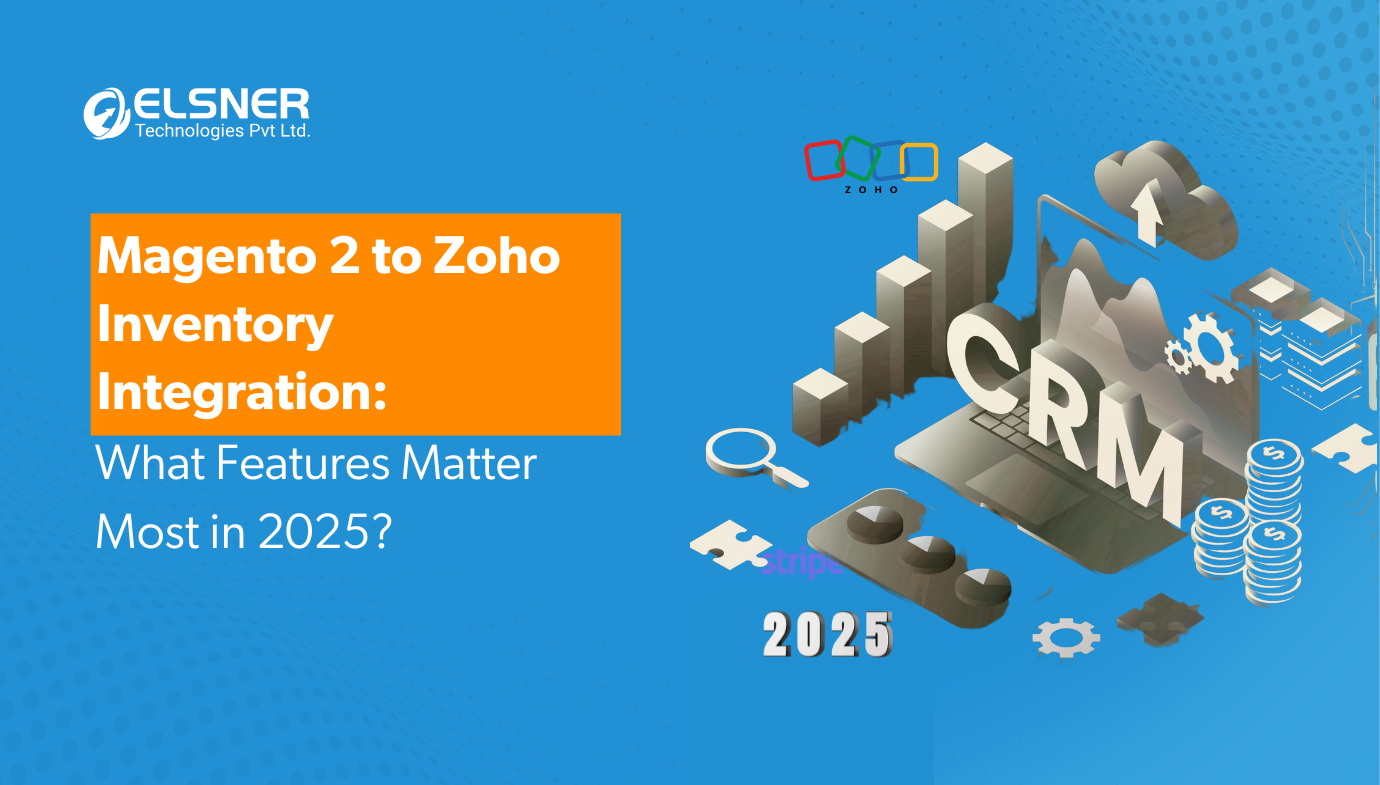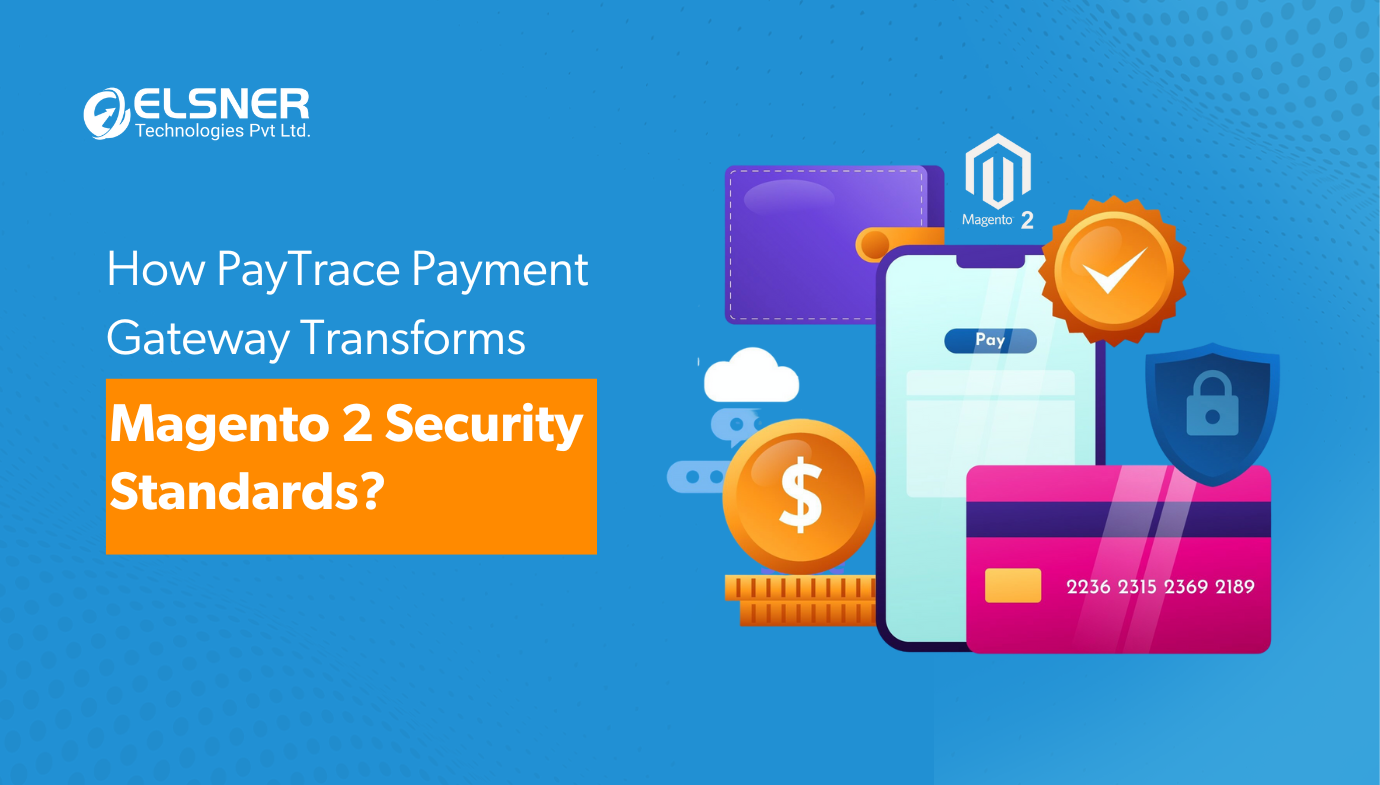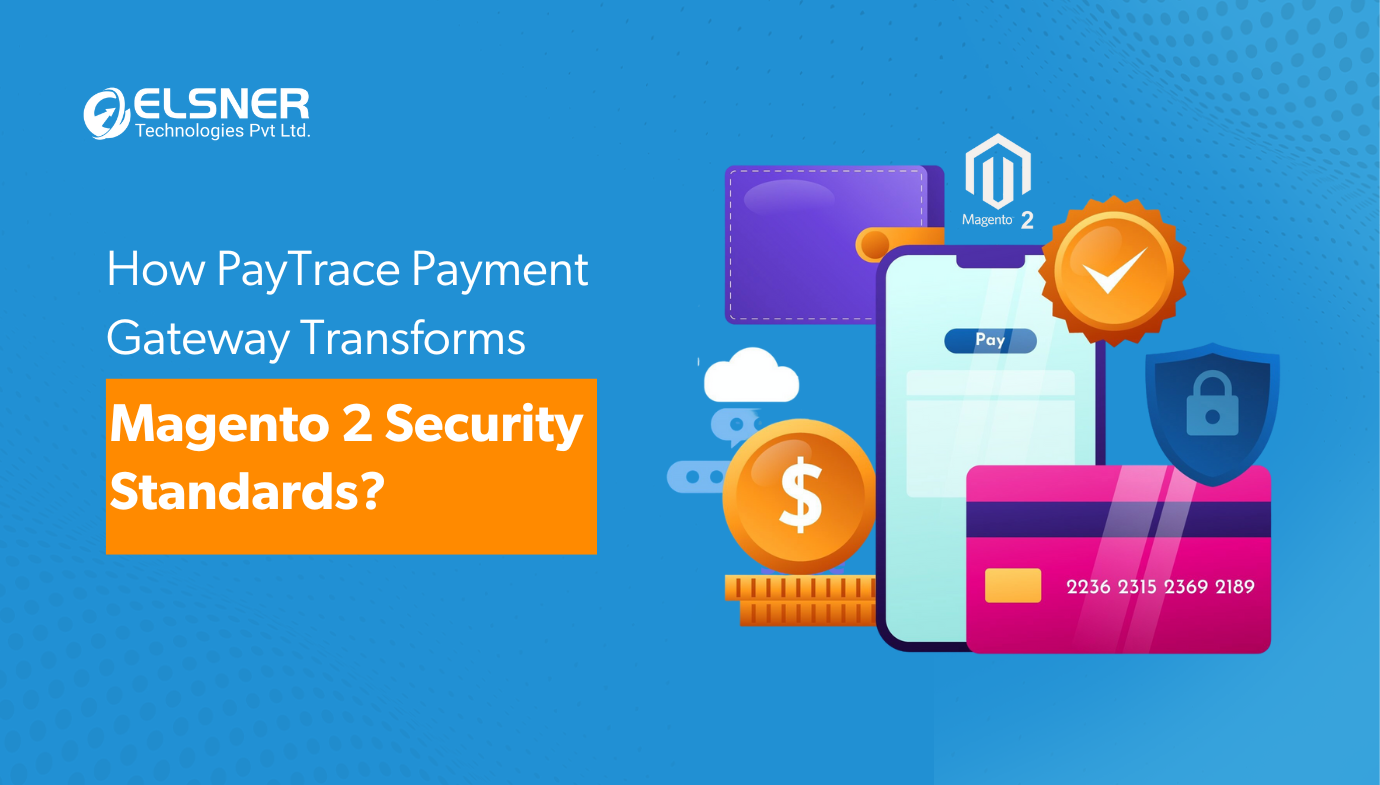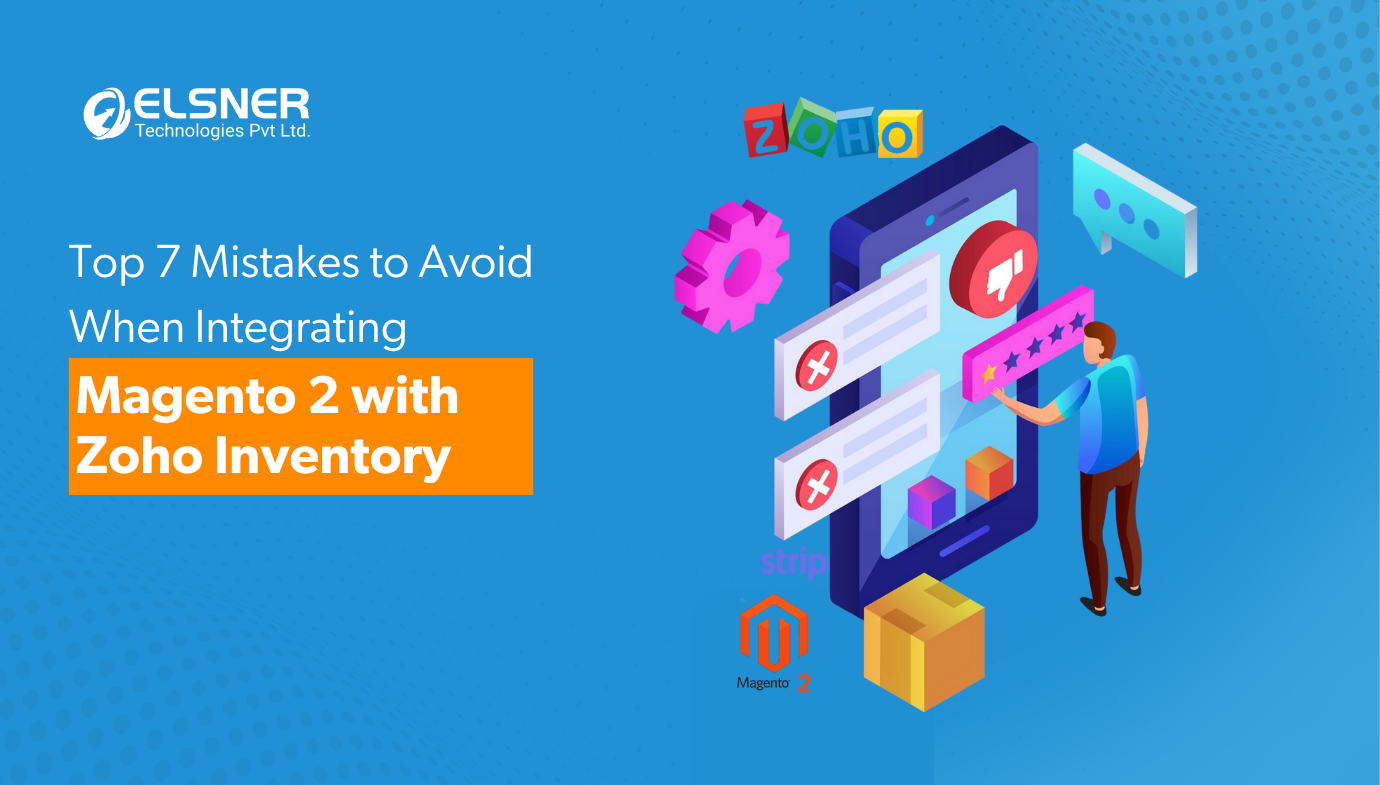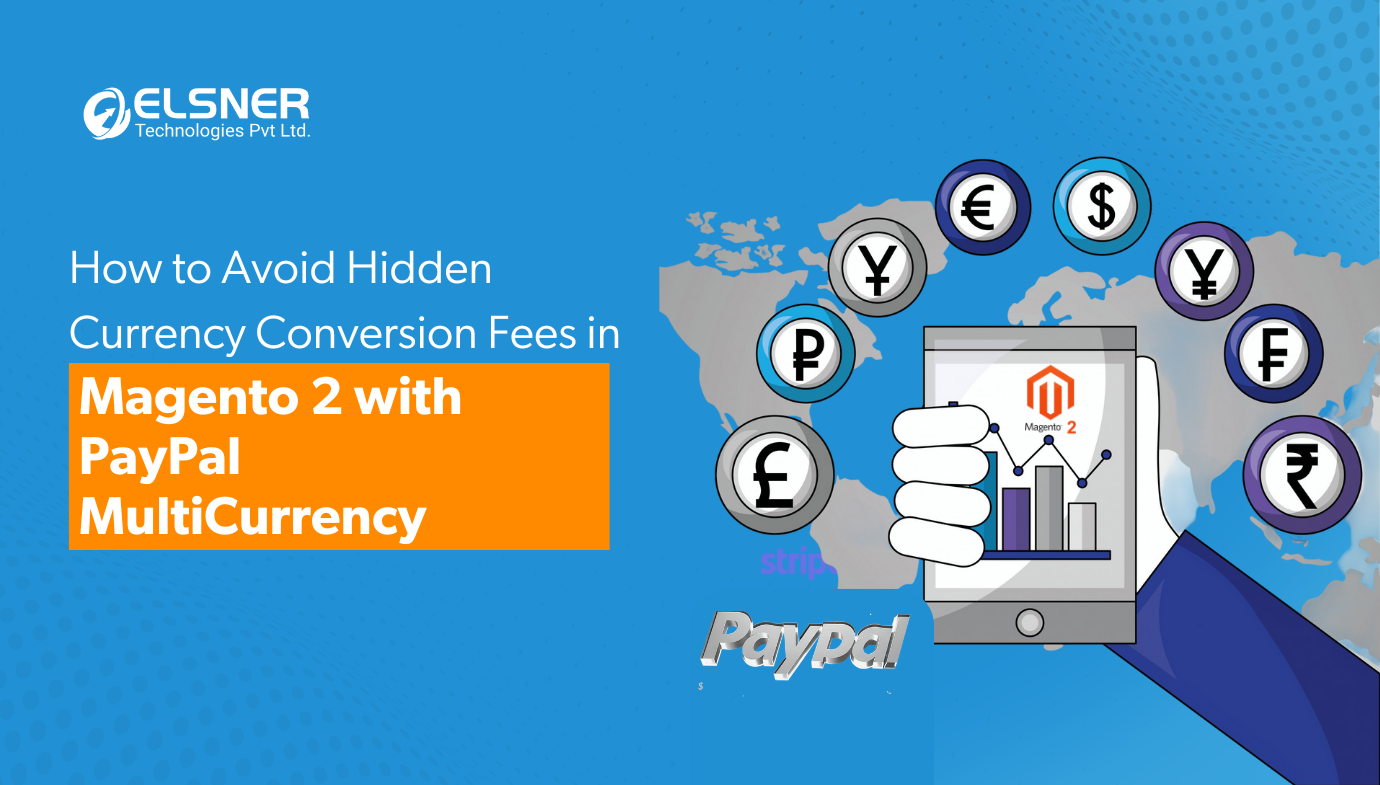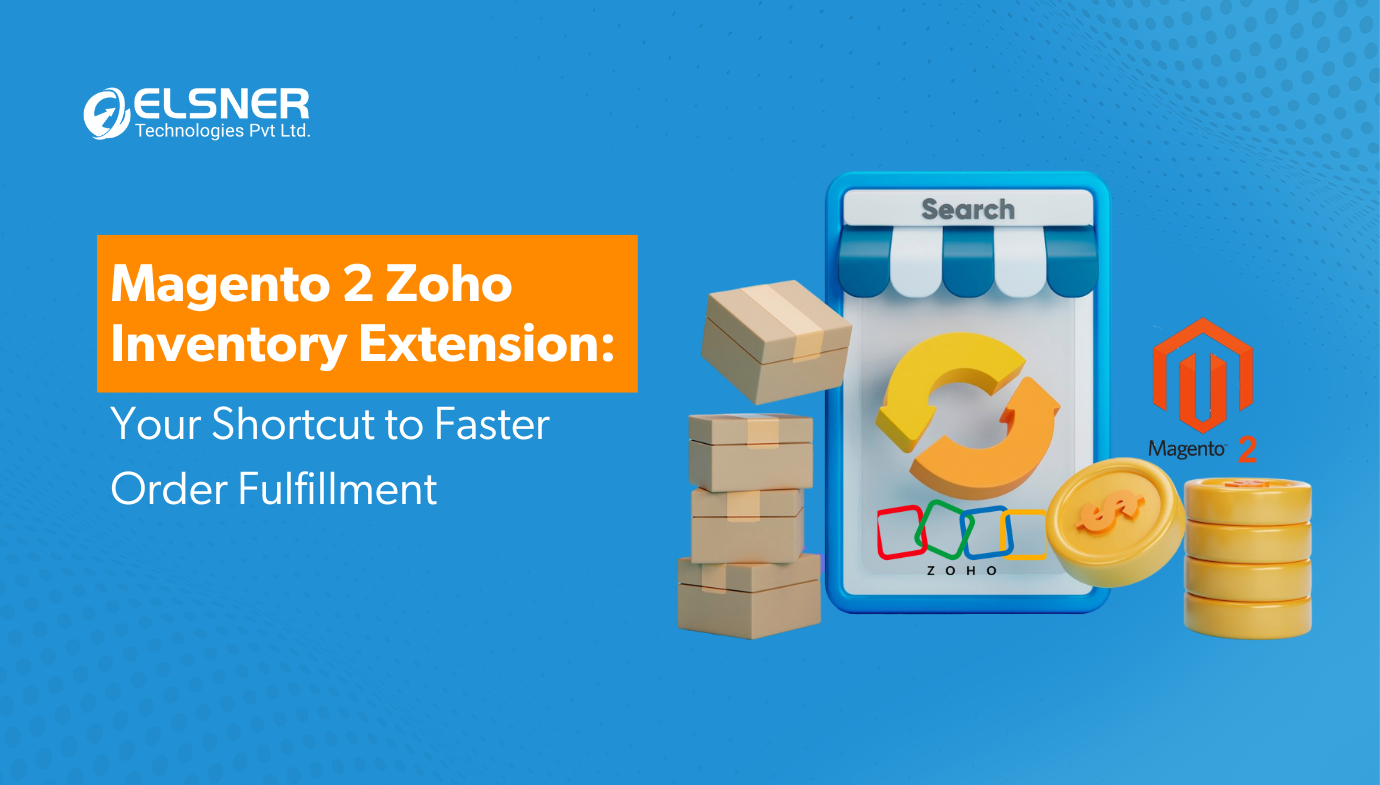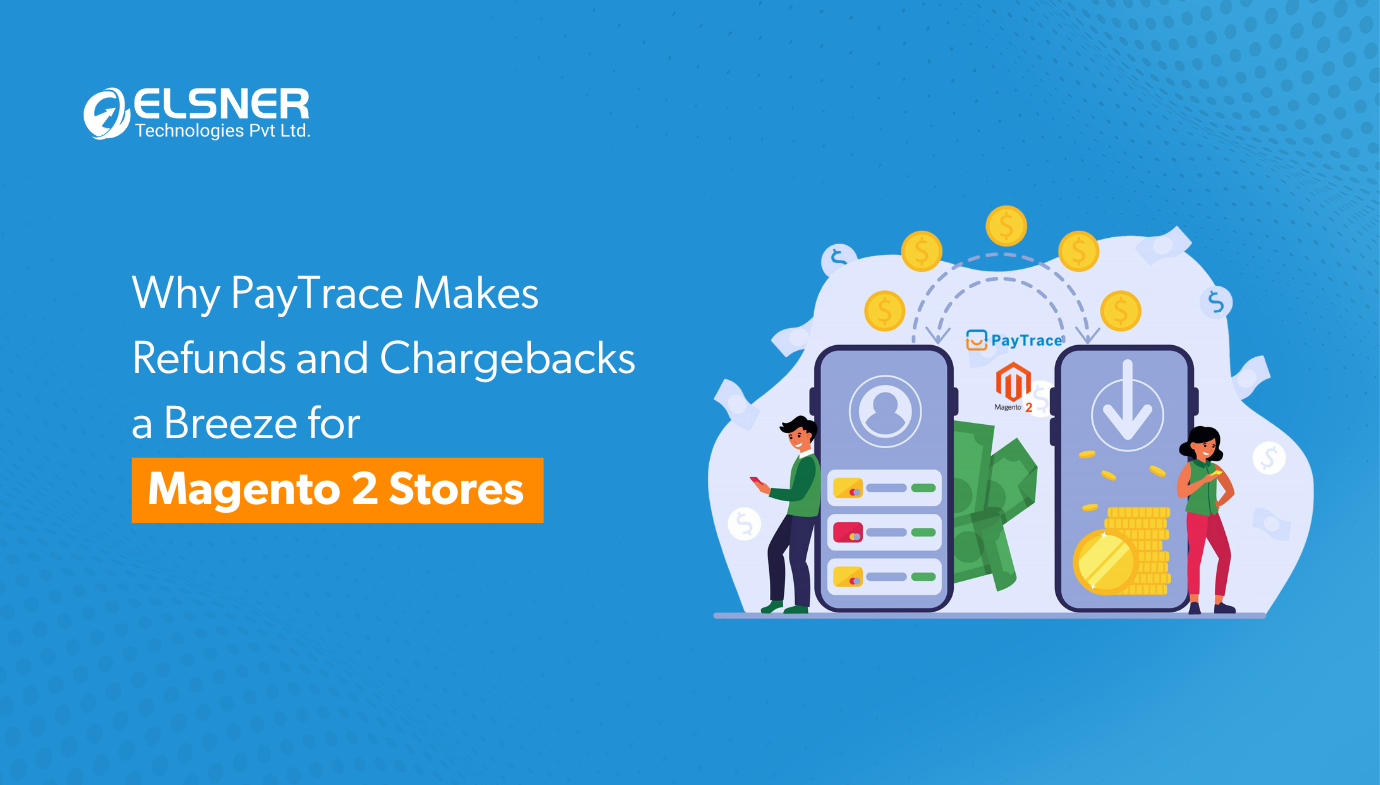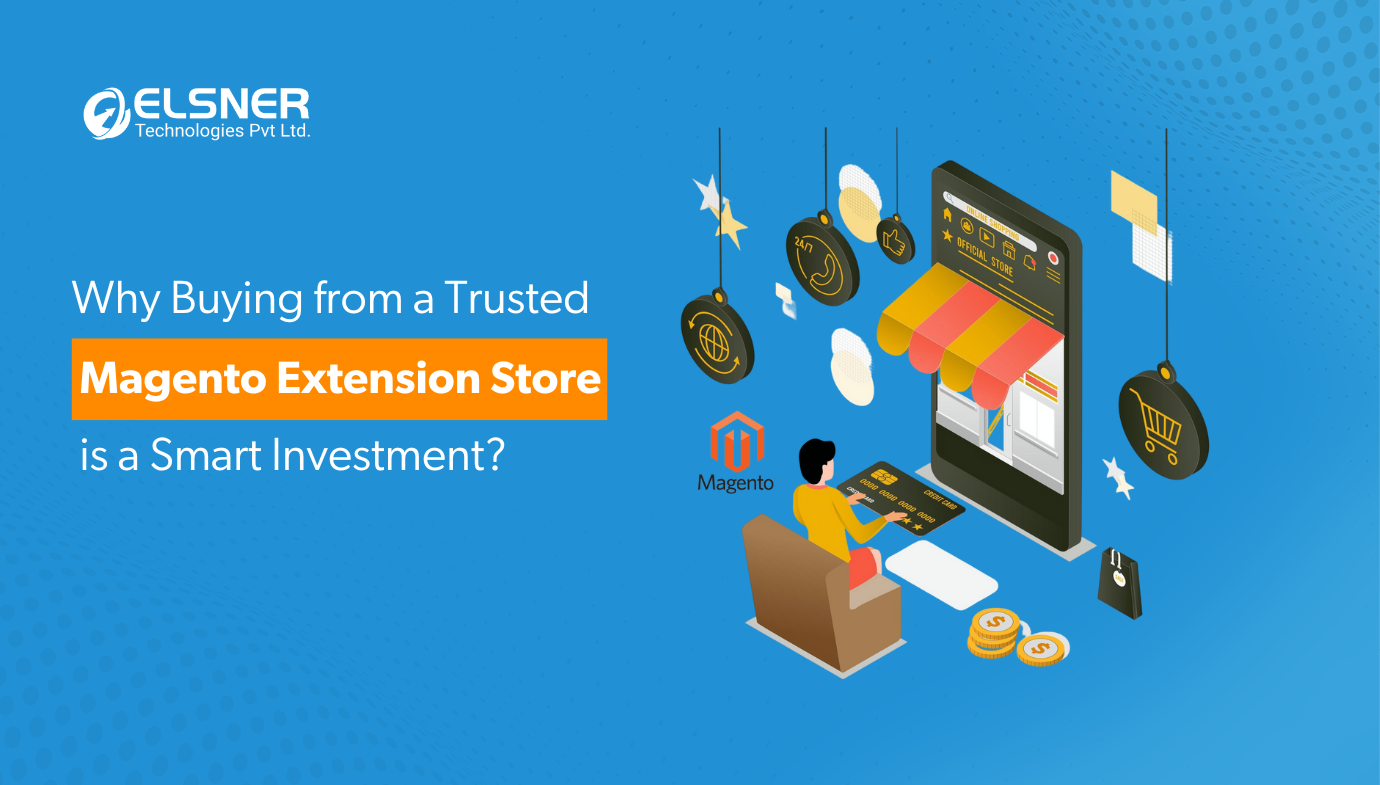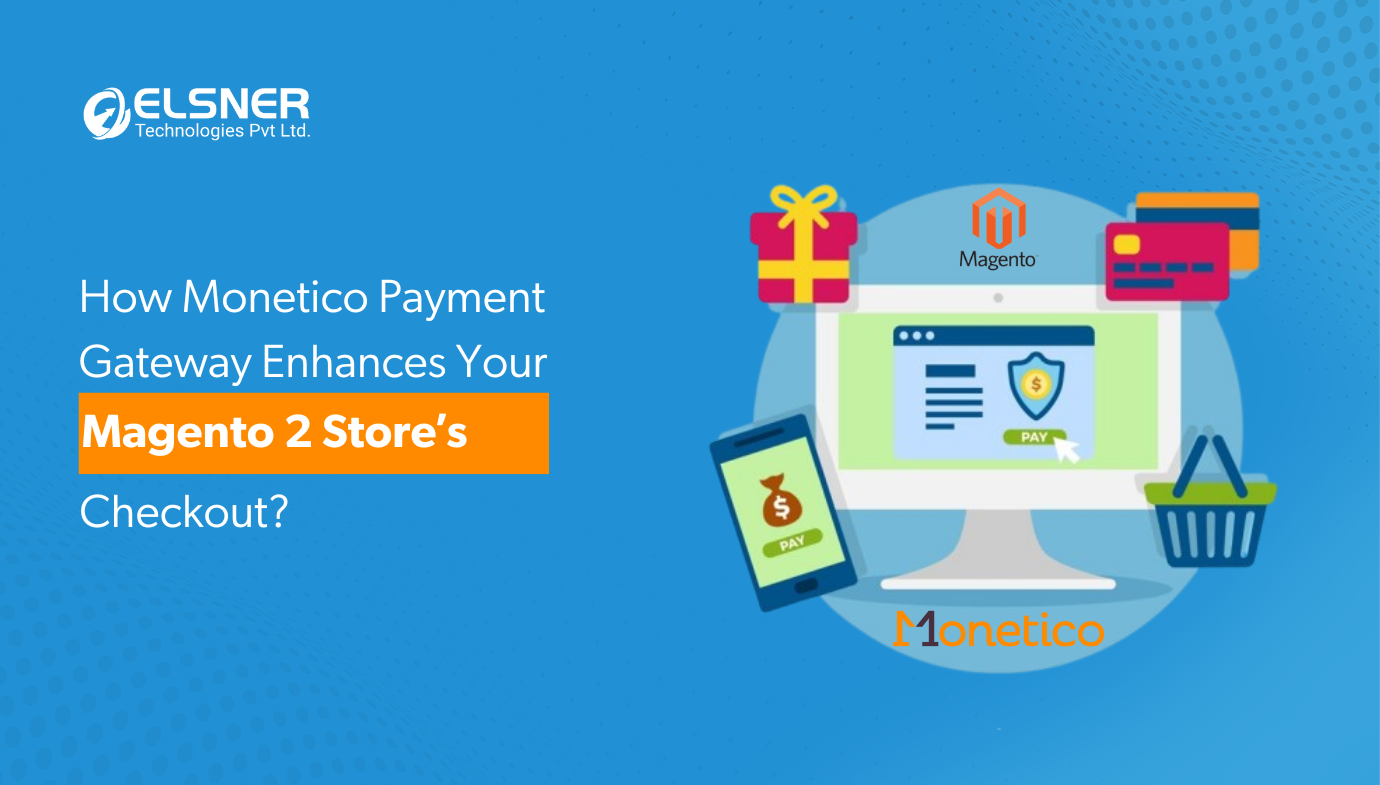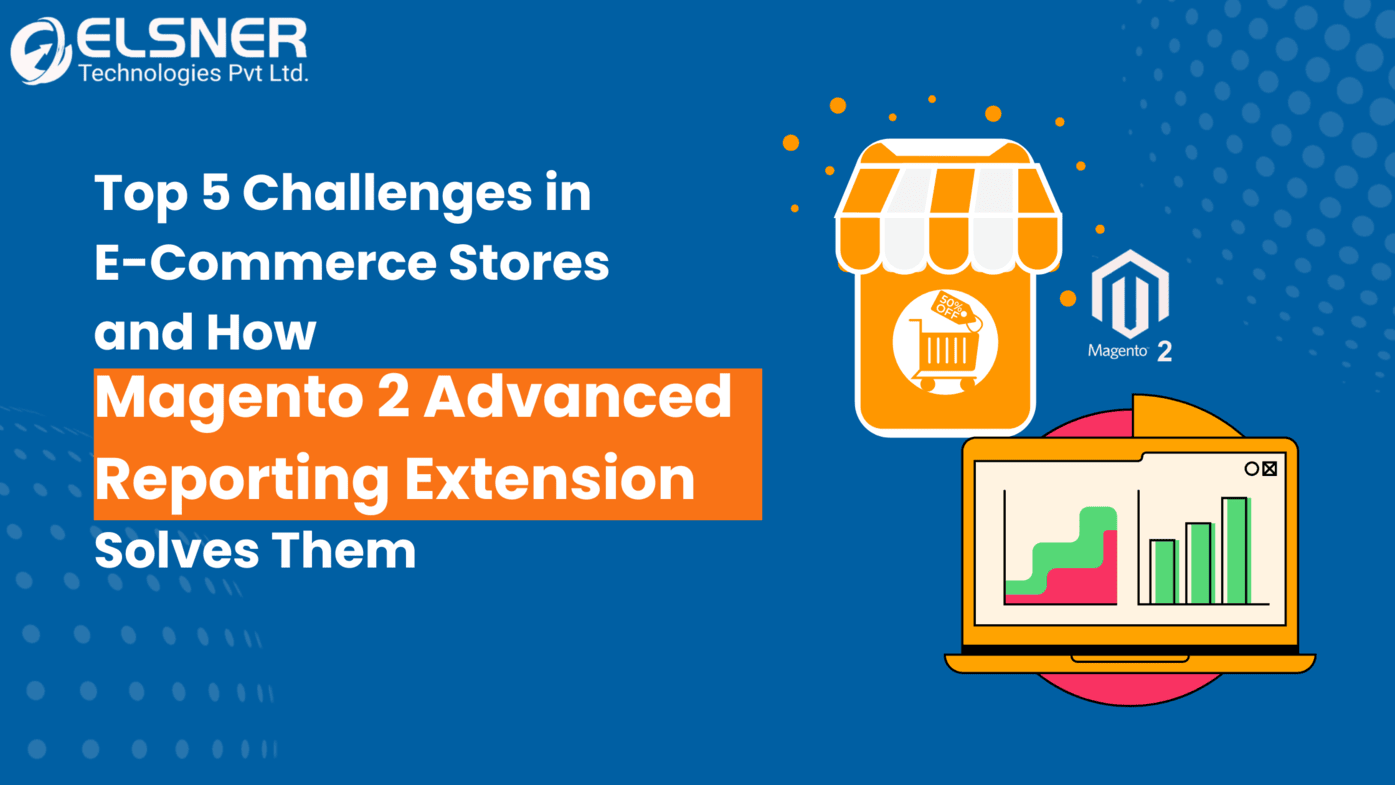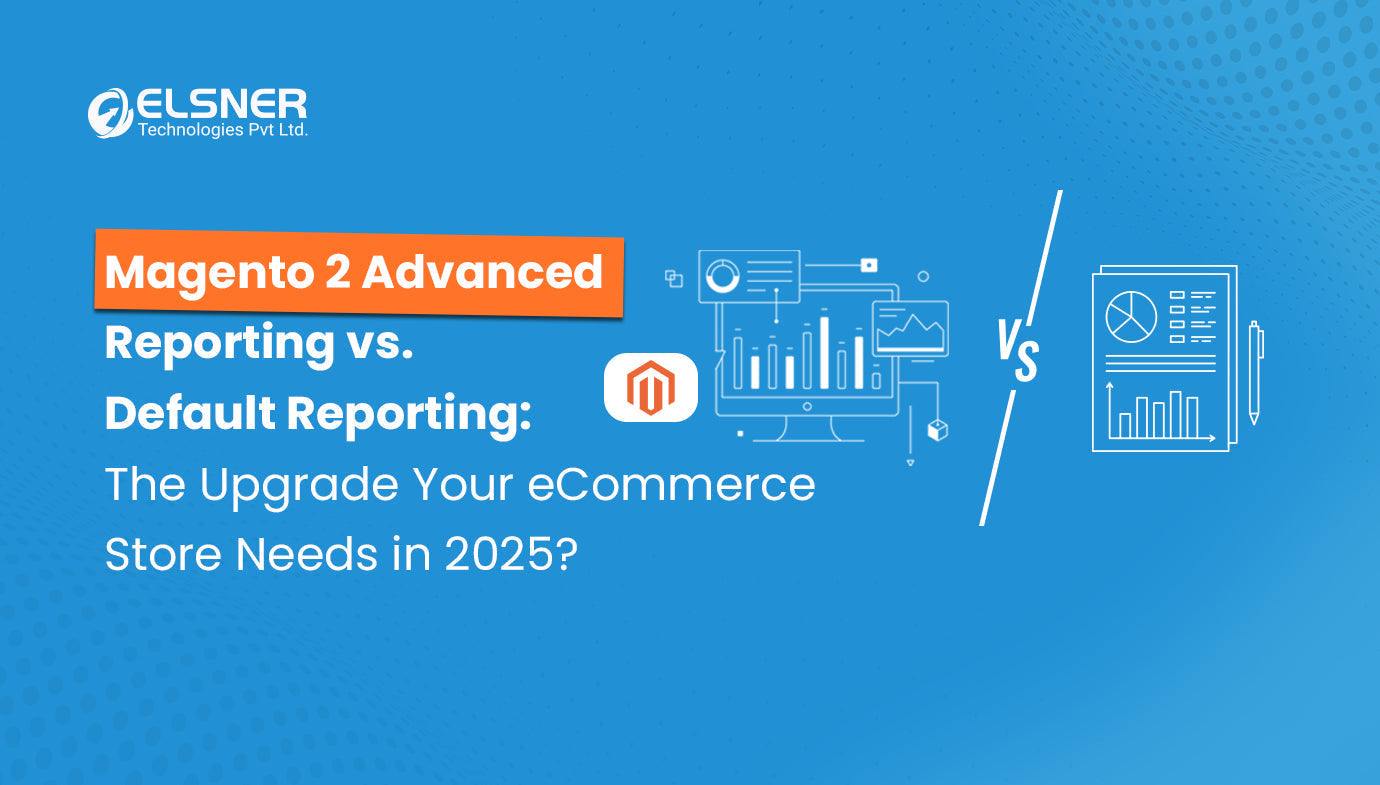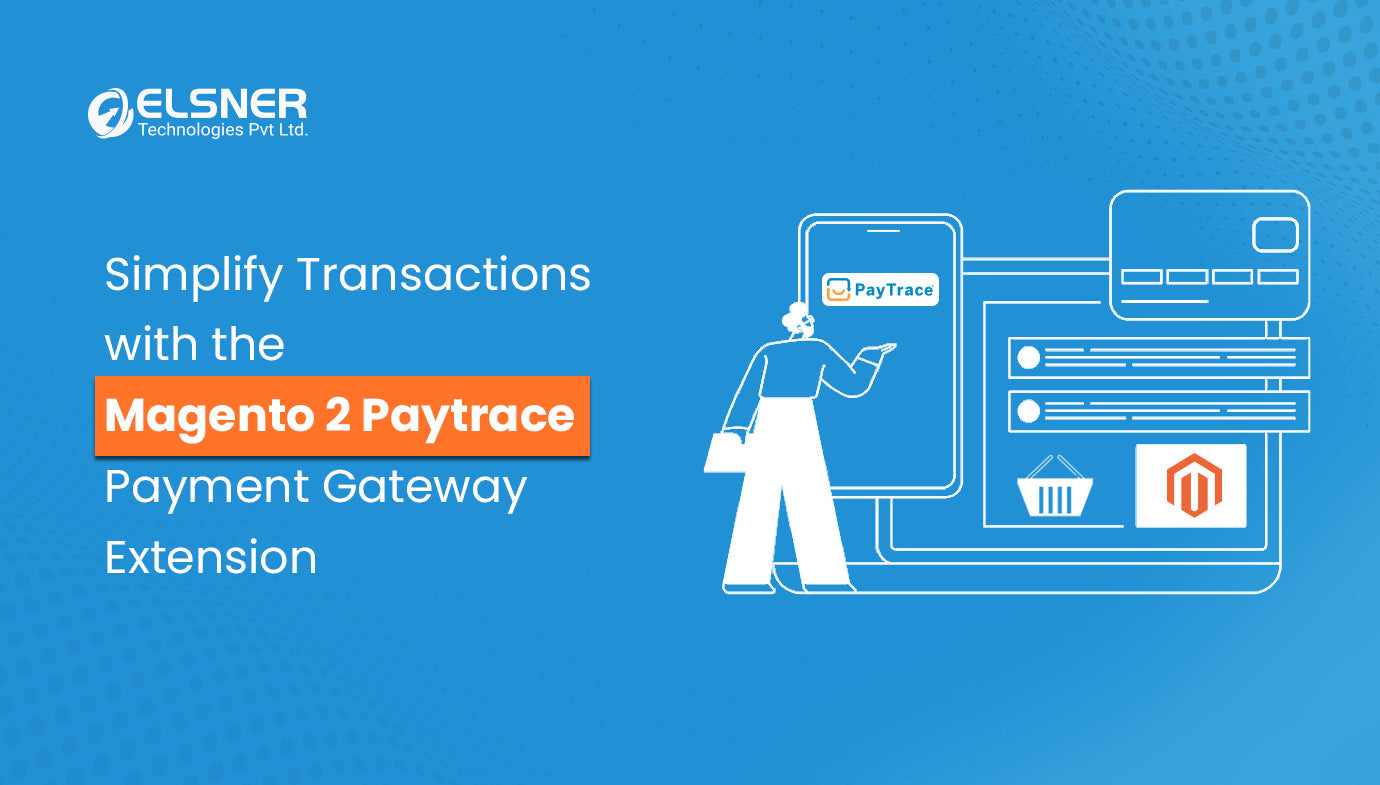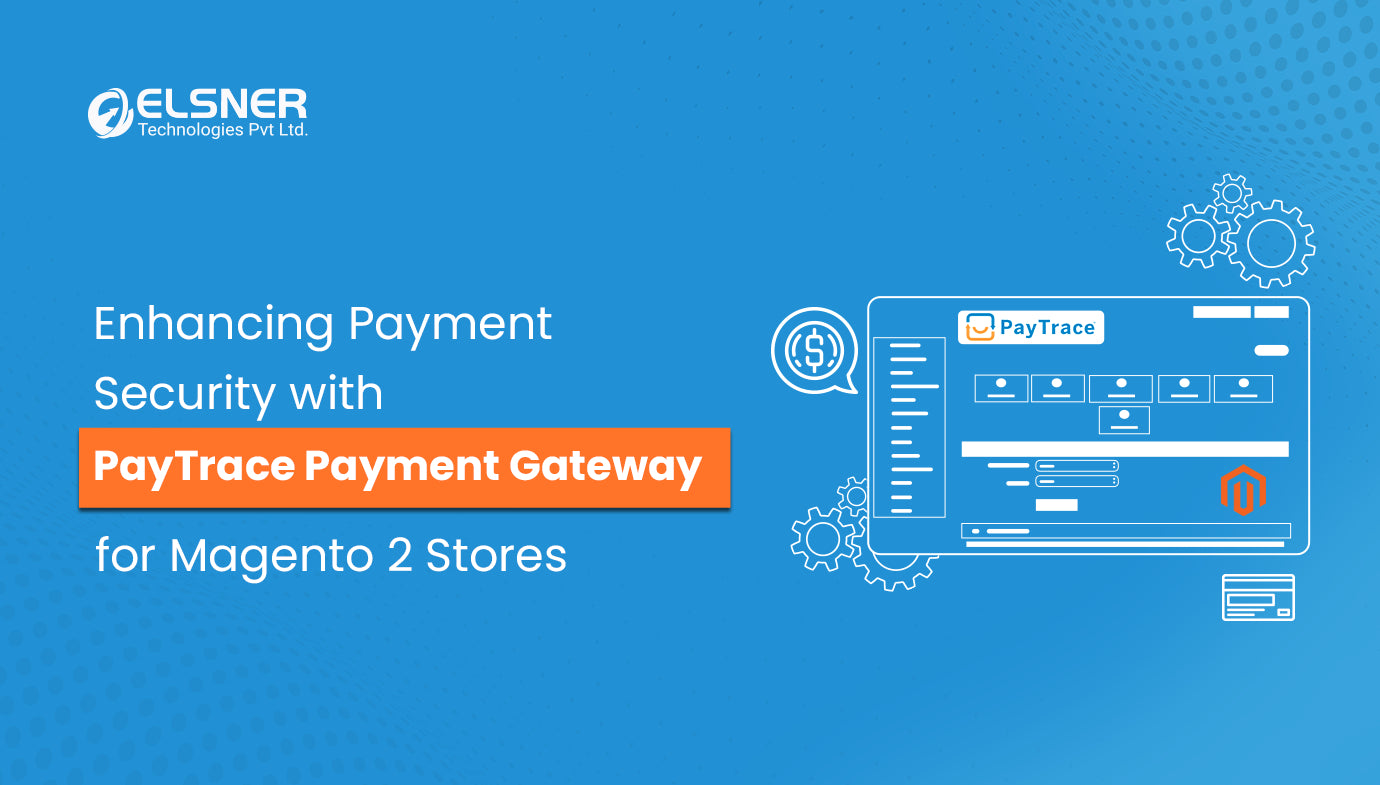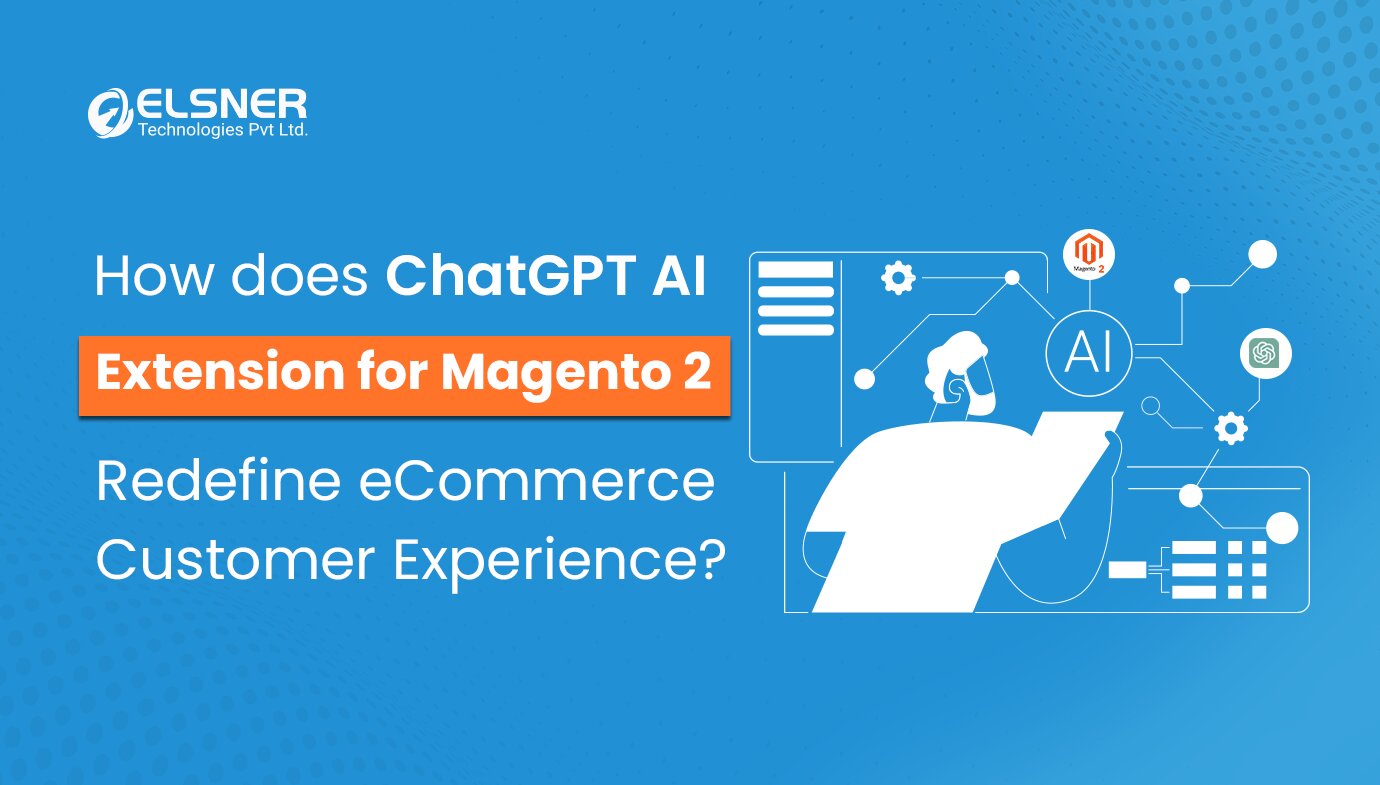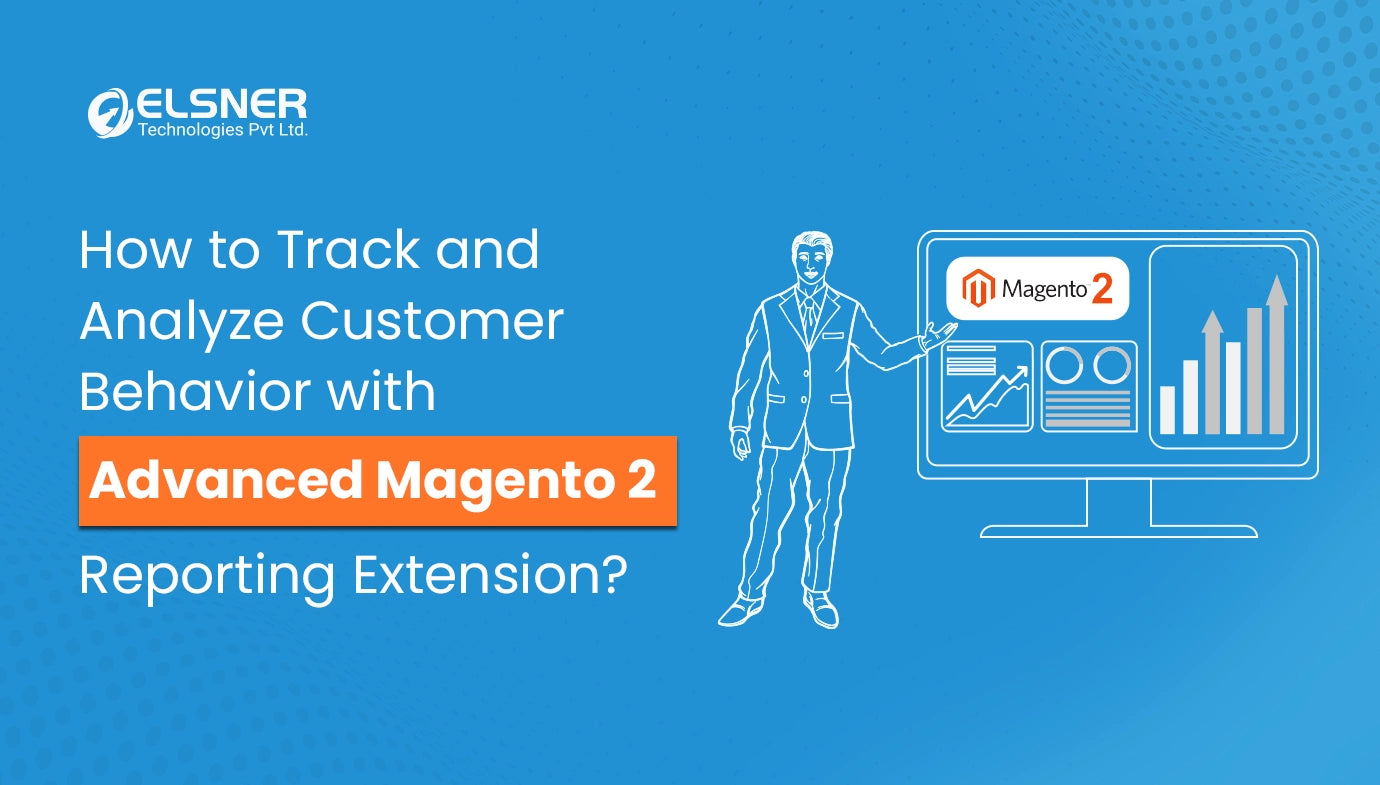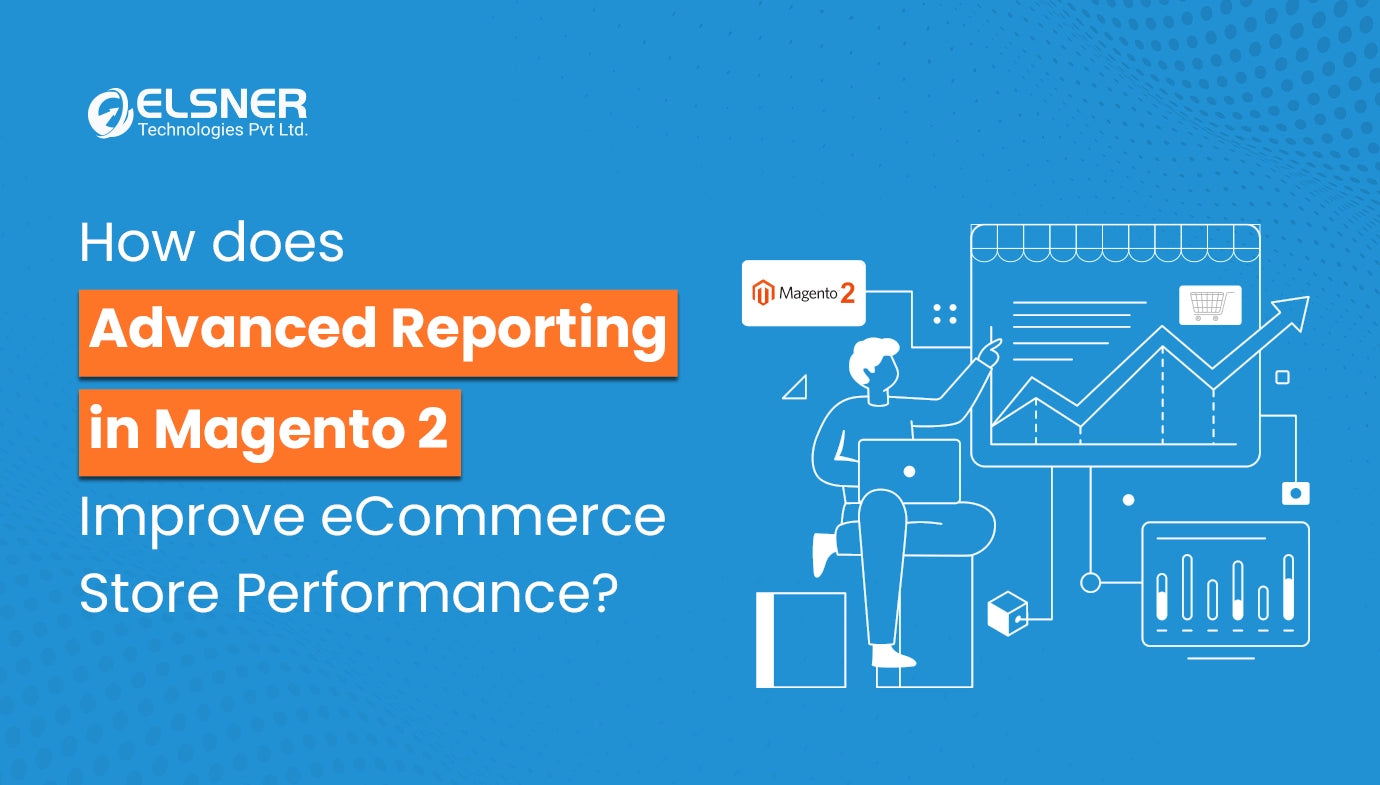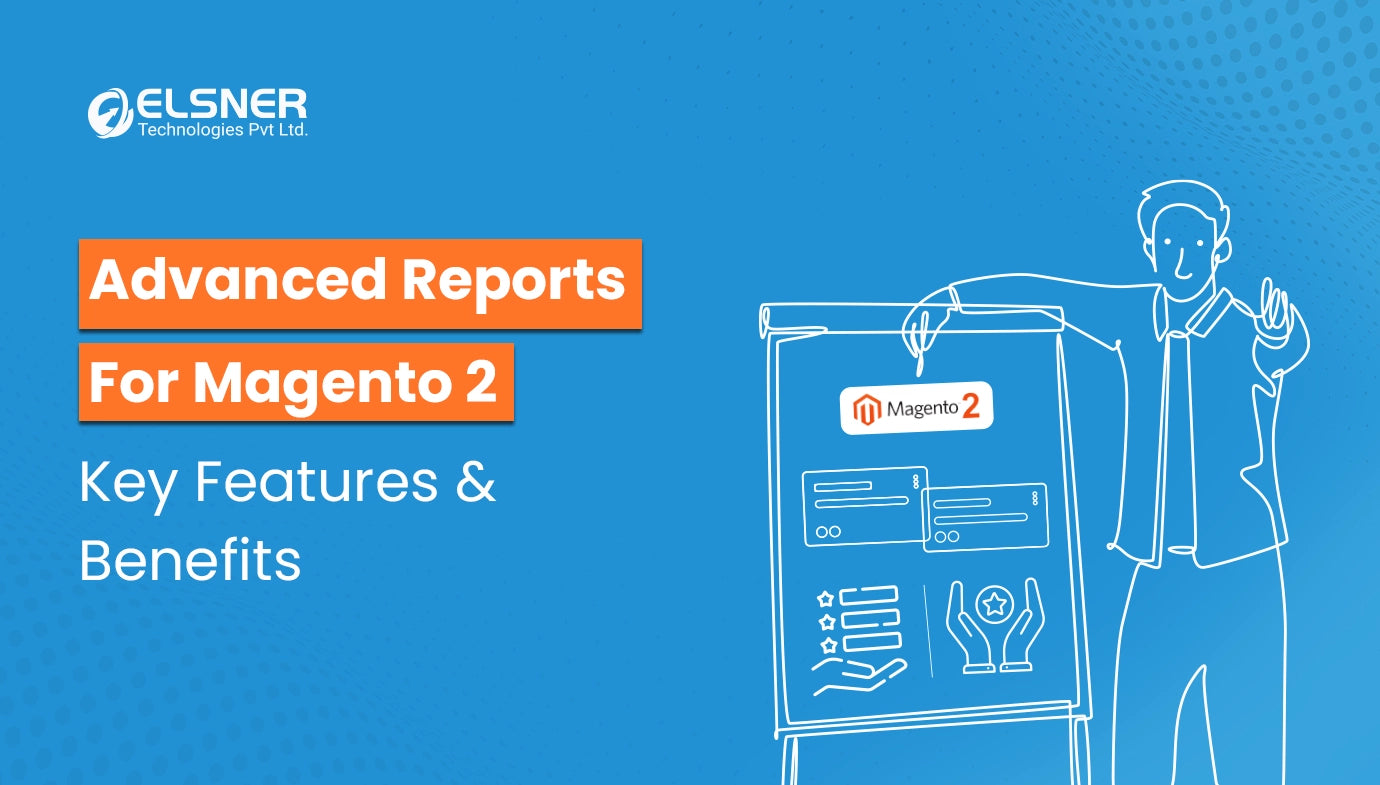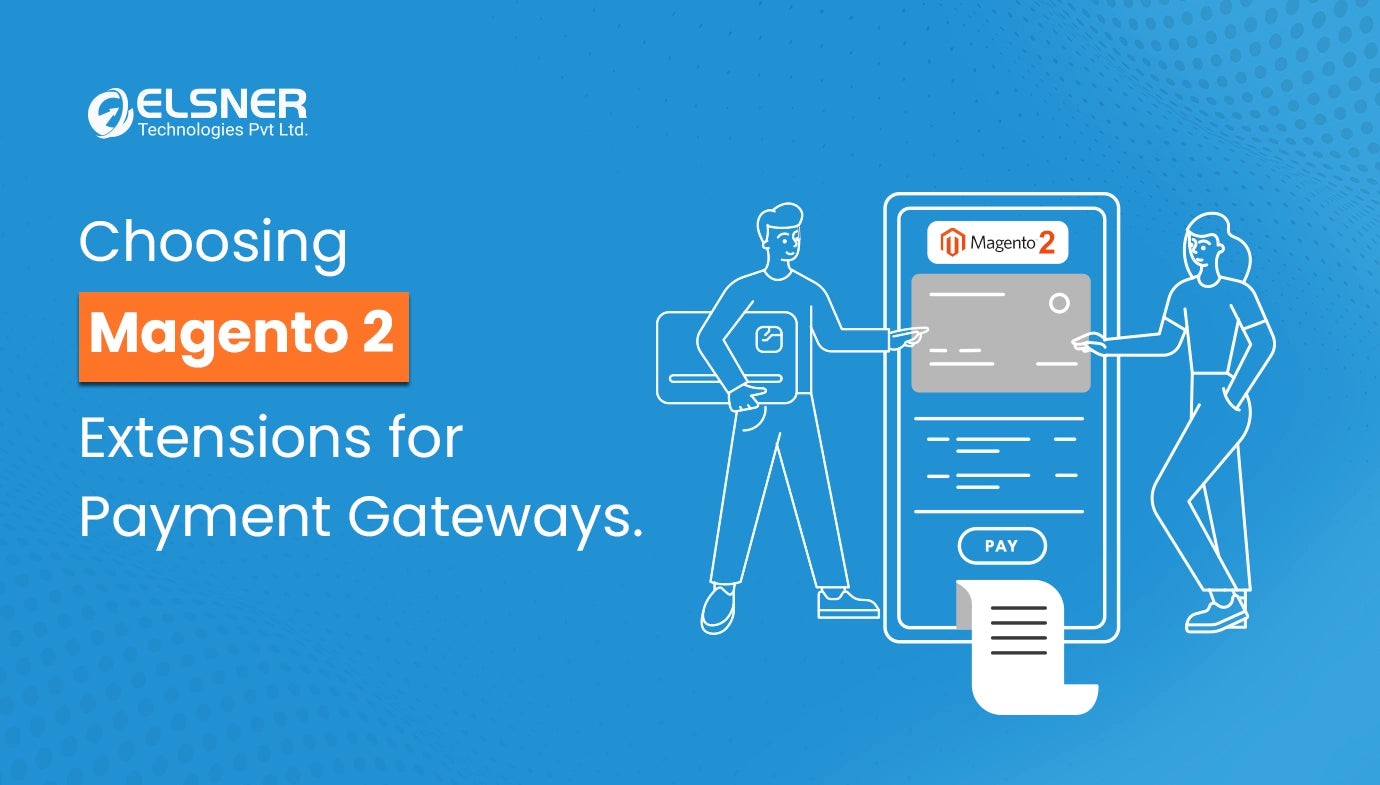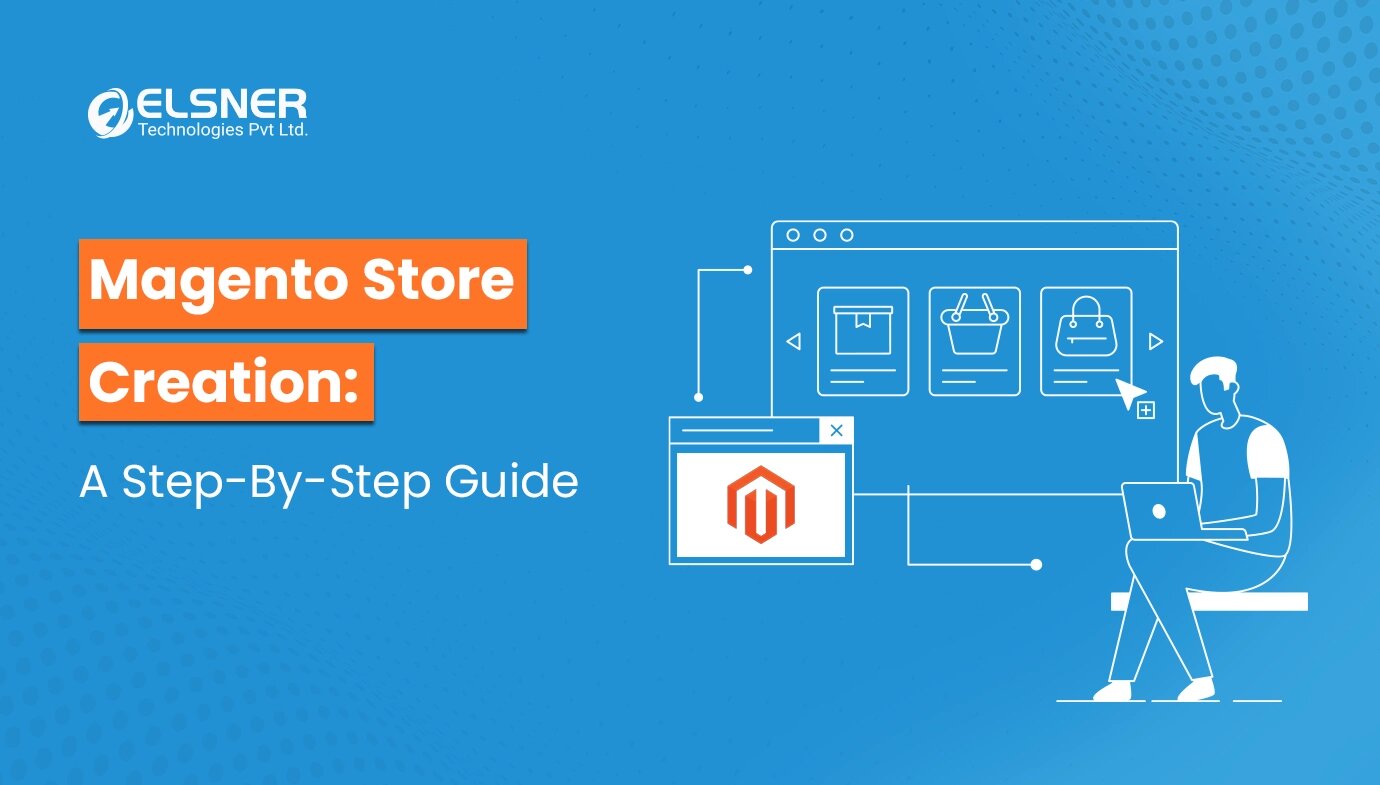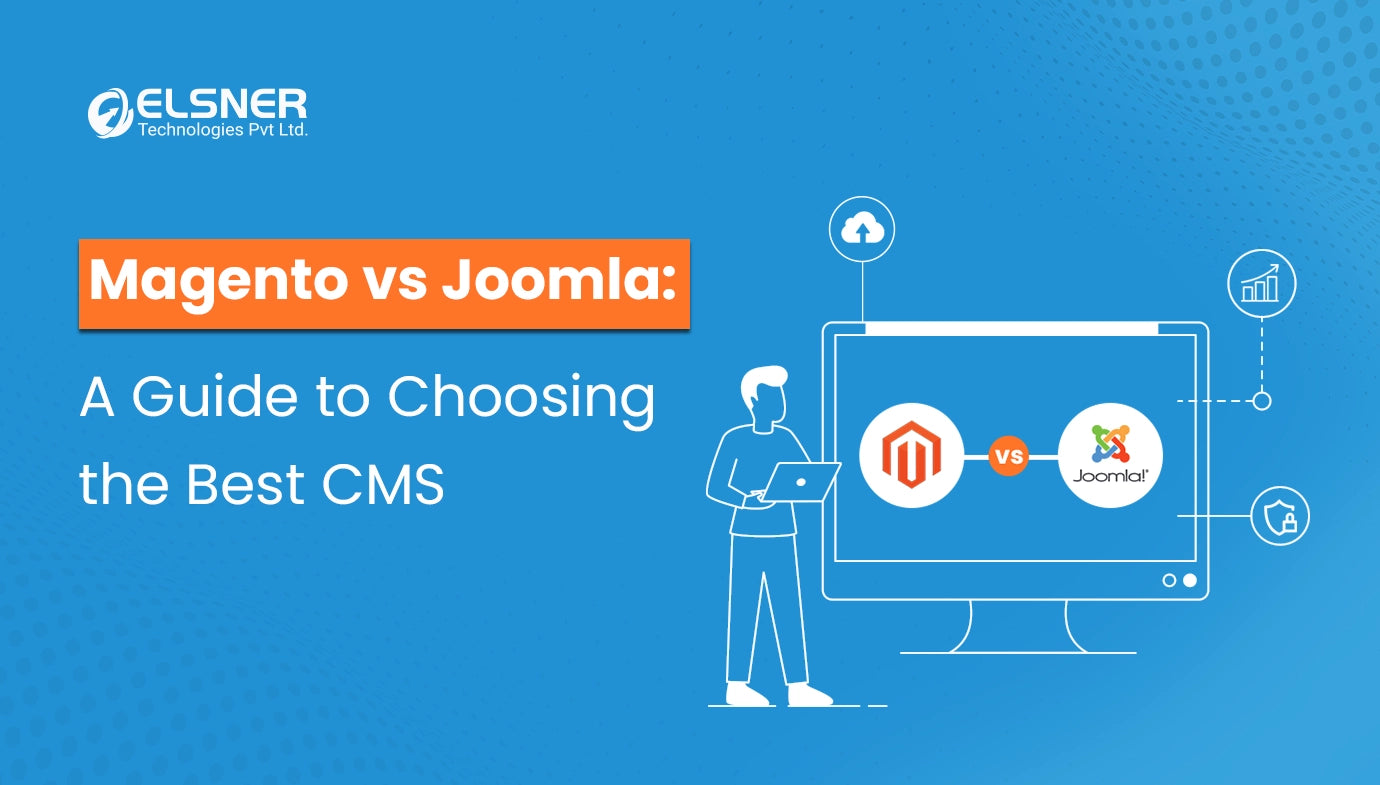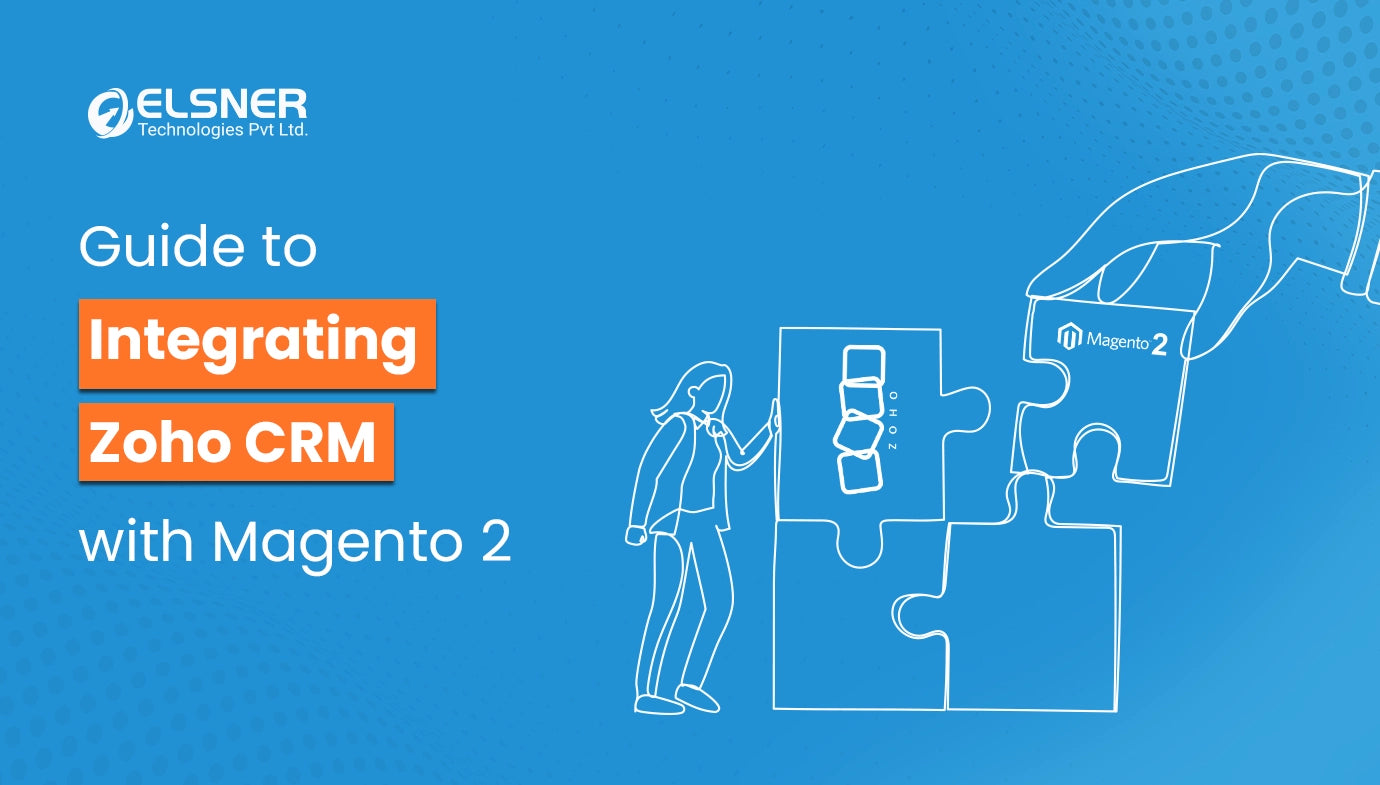On This Page
- What Is Joomla?
- What Is Magento?
- What Are The Comparisons Between Magento And Joomla?
- Which is Better- Magento or Joomla?
- Conclusion
Get in Touch
Choosing the right platform for your online presence is essential. Out of the so many options available in the market, Magento and Joomla stand out as two strong options designed to meet various needs of businesses.
Magento has become synonymous with strong e-commerce capabilities with a great Magento 2 Marketplace. This is why it appeals most to companies focused on online retail. Contrastingly, Joomla has earned admiration for its flexibility and ease of use, accommodating diverse site types ranging from corporate websites to community portals.
When you are planning your digital strategy, knowing Magento’s and Joomla’s strengths and capabilities will help you pick the right platform that suits your business model. In this piece, we will explore both platforms in terms of their major aspects by comparing their functionality while also pinpointing their uniqueness.
What Is Joomla?
Joomla is a free-to-use content management system (CMS) that can be used by individuals to create their own websites as well as online applications. Its versatility, ease of use, and rich features have made it appropriate for use in various types of websites-from basic blogs to intricate commercial ones or even portals. Joomla provides extensive customization through templates and extensions. It also supports multiple languages and has a strong community providing support and resources.
What Is Magento?
Magento is an open-source platform used by ecommerce businesses. It is characterized by several powerful add-ons from Magento 2 Marketplace for managing products, and payments, and dealing with customers aimed at scalability and customization. As a platform, it supports different payment gateway shipping methods as well as promotional tools, making it suitable for any kind of business regardless of its size. Plus, its solid SEO capabilities and variety of extensions such as Google One Tap Login Magento 2 Extension, enhance its ability to handle ecommerce operations at greater lengths.
What Are The Comparisons Between Magento And Joomla?
Purpose and Target Audience
Magento: It was developed as an internet marketplace for online shops that provides facilities for managing products, payments, deliveries, and customers. It is suitable for those companies that wish to establish powerful internet stores with the help of Magento 2 Marketplace.
Joomla: Joomla is a multipurpose CMS that you can use to build various types of sites such as blogs, business sites, portals, and even shopping carts. It is particularly desirable for users who want a versatile content management system that can accommodate various forms of content.
Ease of Use
Magento: Compared to most other ecommerce tools, Magento has a very complex setup process. It needs some technical skills to get it installed and configured. However, it has vast documentation and a good number of developers to help set up the website. They can also add extensions from Magento 2 Marketplace as per the requirements of the business.
Joomla: This is far much easier to use compared to Magento, especially for those who are new to website design. It also has many templates and extensions available in its library.
Customization and Flexibility
Magento: It is very flexible and has numerous extensions and themes such as Voice Search Magento 2 Extension explicitly designed to address ecommerce functionality. It provides great flexibility and customization for storing product catalogs, checkout experiences, and customers.
Joomla: Joomla is also highly customizable and offers a variety of templates and extensions. It supports many content types, and you can use it in developing basic websites as well as enhanced online portals and ecommerce sites.
SEO and Marketing Tools
Magento: The platform is packed with powerful SEO features like URL rewriting, Meta tags, and Sitemaps. It also supports multiple marketing tools and Magento 2 extensions such as coupons, upsells, and cross-sells.
Joomla: Offers a decent level of supported SEO features such as editable meta tags, and SEF URLs for easy navigation and compatibility with SEO add-ons. It also supports several marketing and content management extensions.
Security
Magento: It comes with advanced security enhancements such as two-factor authentication, data and file encryption, and routine security updates. Magento also provides specific security extensions like secure payment gateways such as Paypal Multi Currency Magento 2 Extension to improve the security of the website.
Joomla: Comes with adequate security measures and timely release of updates. It has an integrated access control and supports other security modules to prevent attacks on the website.
Scalability
Magento: The platform is very flexible and thus can be used to develop applications for small businesses as well as big corporations. It is useful when dealing with comprehensive product lists and high levels of traffic by adding extensions like Google One Tap Login Magento 2 Extension.
Joomla: Although it’s more flexible, Joomla is usually more appropriate for small to medium web projects. It can handle simple e-commerce stores but might lack some extensions for full e-commerce capabilities.
Community and Support
Magento: Has a vast and vibrant user base, well-documented, and comes with an active forum and professional support services. It is also worth noting that numerous third-party developers are involved in Magento.
Joomla: It has the active support of a community and has many resources, discussions, and tutorials available online. It also provides professional support through various service providers.
Cost
Magento: There is a free edition ‘Magento Open Source’ and a paid one ‘Magento Commerce’ with additional functionalities from Magento 2 Marketplace. The prices are rather flexible and depend on how much customization and hosting are required.
Joomla: As a browser extension it is free to use, but there can be costs for hosting, premium templates, and other extensions.
Which is Better- Magento or Joomla?
For Pure Ecommerce
If you prioritize extensive development of an online store with many Magento 2 extensions, then Magento is typically the rational choice. This comes with features that are unique for online retailing such as flexibility, customization, and extensions like Voice Search Magento 2 Extension for managing sales and customers.
For Versatile Websites
If you require a versatile system that can accommodate blogs, commercial sites, community sites, or even small online stores, then Joomla is more appropriate. It’s versatile, user-friendly, and can accommodate a range of content types and formats.
Conclusion
The selection of either Magento or Joomla depends on the requirements of your business. Ecommerce businesses typically choose Magento because it has strong features like Magento 2 extensions for handling online shops as well as scalability for development.
Joomla has an all-purpose function that is suitable for many types of websites ranging from small ecommerce sites to corporate ones. Your choice should also consider your objectives, technical know-how, and the kind of digital shape you want to give it.
In the end, it doesn’t matter if you are looking for extensive ecommerce features or versatile means of managing content. Both Magento and Joomla can provide powerful options to establish a strong presence on the web.








